The Difference Between Filter Coffee and Espresso
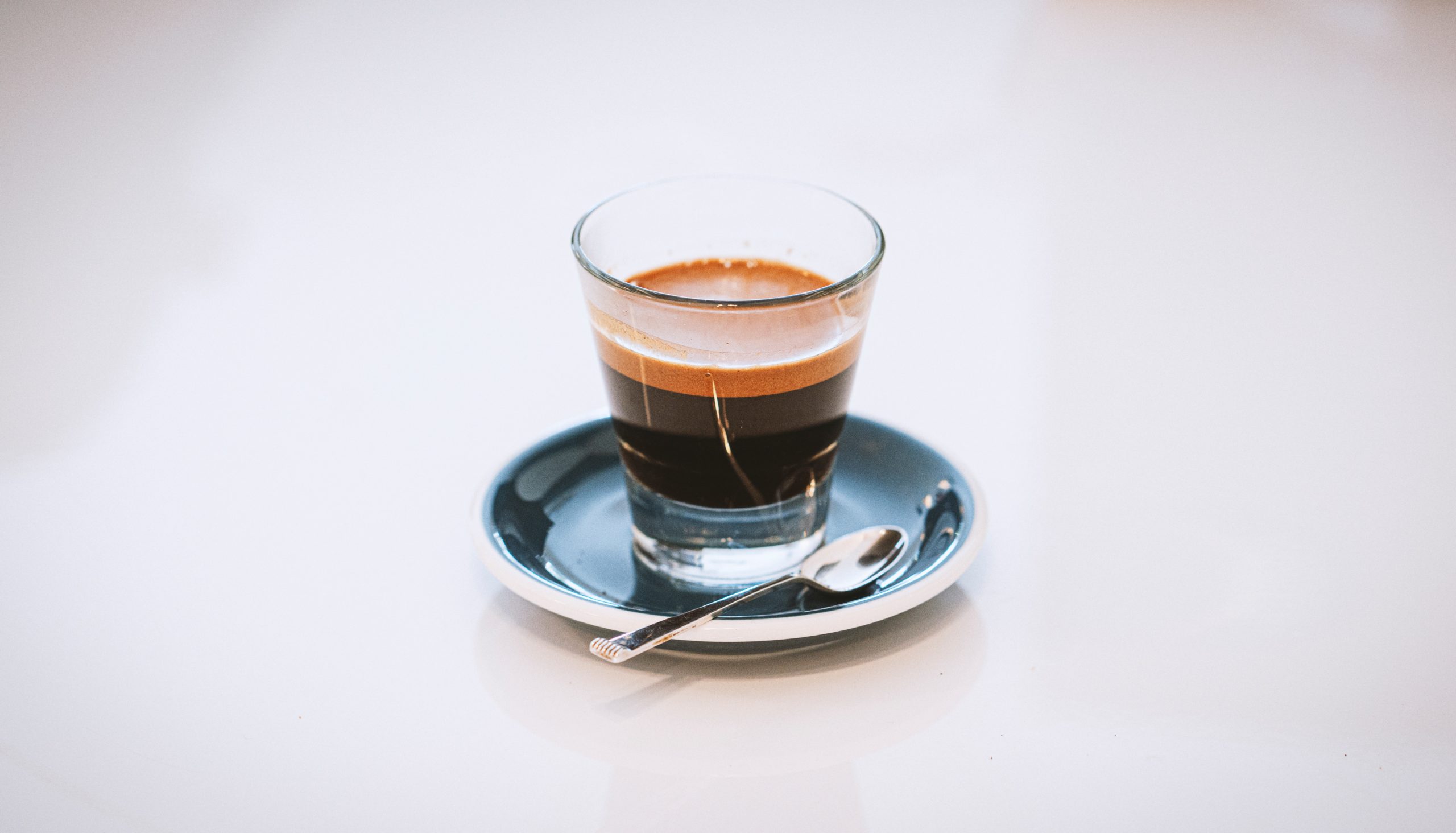
The Difference Between Filter Coffee and Espresso
While traditional Italian espresso-based coffee ruled Celtic Tiger Ireland, those in the know drink filter these days.
Dublin’s coffee culture has been embraced with such loyalty you’d swear we produced the beans ourselves. Tea remains our at-home drink of choice, but coffee is now our public hot drink. Irish people don’t go out for tea because no one ever makes tea as well as you can for yourself. But we go out and grab a coffee. So whether it’s on the way to work or to catch up with a friend, coffee is the go-to.
Coffee can be made in hundreds of different ways. Leave it to our drug-fueled ingenuity to tirelessly combine beans and water to keep us awake. From automatic and manual pour-over drip to French press, cold brew, and other “total immersion” methods to prepackaged pod systems and instant soluble powders. There are so many different coffees that there’s definitely one for every person. Even your mate who maintains he doesn’t like coffee.
Filter Coffee in Ireland
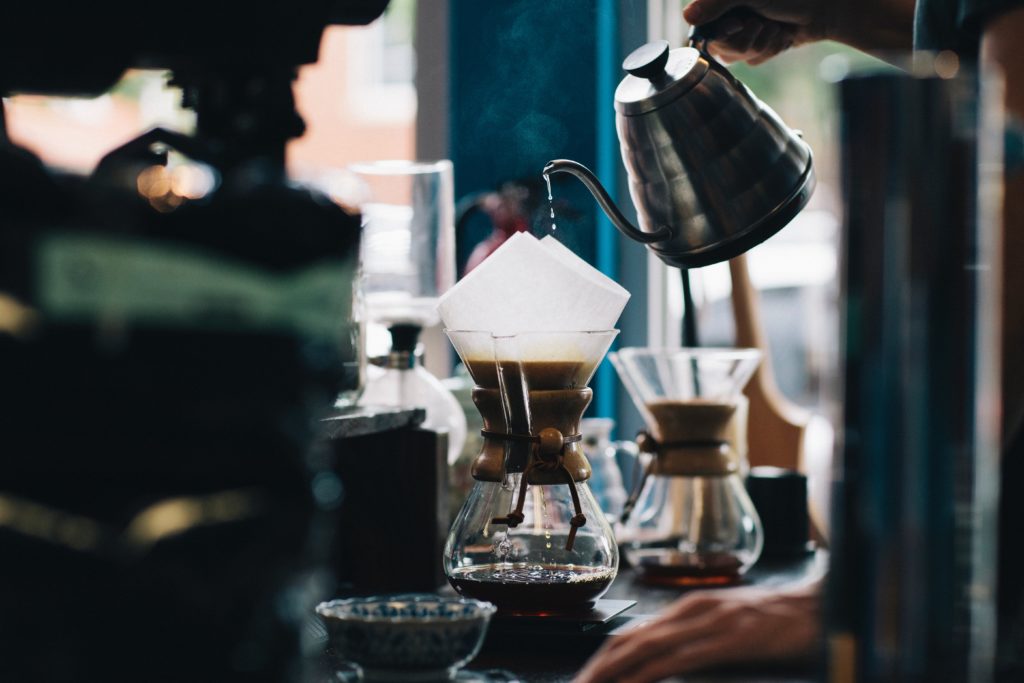
Filter coffee has become more and more synonymous with speciality coffee culture. Dublin has gone all-in on filter coffee. These days you walk into any decent coffee shop, and the was are adorned in V60 drip filters, Aeropress filters, and even Chemex. You’ll even have multiple filter options in any independent coffee shop worth its salt. Batch brew is the most overlooked.
All of those produce a familiar beverage—coffee—which we can call “brewed coffee” to distinguish it from espresso coffee. But on the other hand, espresso is a unique concoction that differs from brewed coffee in fundamental and interrelated ways.
How Is Espresso Made?

Unlike filter methods, where the water is allowed to steep at a leisurely pace, espresso is made under pressure. An espresso machine heats water to boiling point and uses a pump to force it through the ground coffee at nine times normal atmospheric pressure, in half a minute, directly into the cup.
It’s ready in a hurry, and each serving is made to order “expressly”.
How is Filter Made?
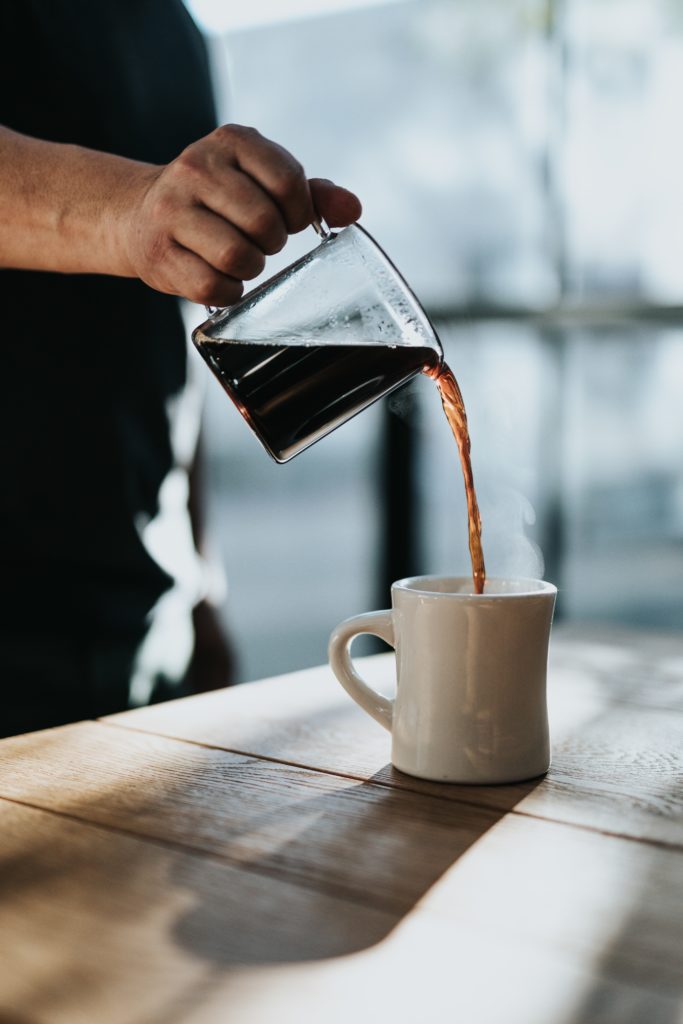
Unlike espresso, which is made on a knife’s edge of specificity, there is more than one way to skin the filter cat. But that said, there are a few key elements to unite them. Generally, with filter coffee, you’re looking at flavour profile.
Filter is a whole heap of extra thinking and decision making. Selecting good-quality beans is the first step. Then you have to think about stuff you mostly wouldn’t care about: grind size, water temperature, and finding the right coffee to water ratio. Basically, you have many choices at every stage of filtering coffee, so baristas get excited about trying new recipes and new beans. It’s the coffee nerds’ coffee.
How Strong Is Espresso?
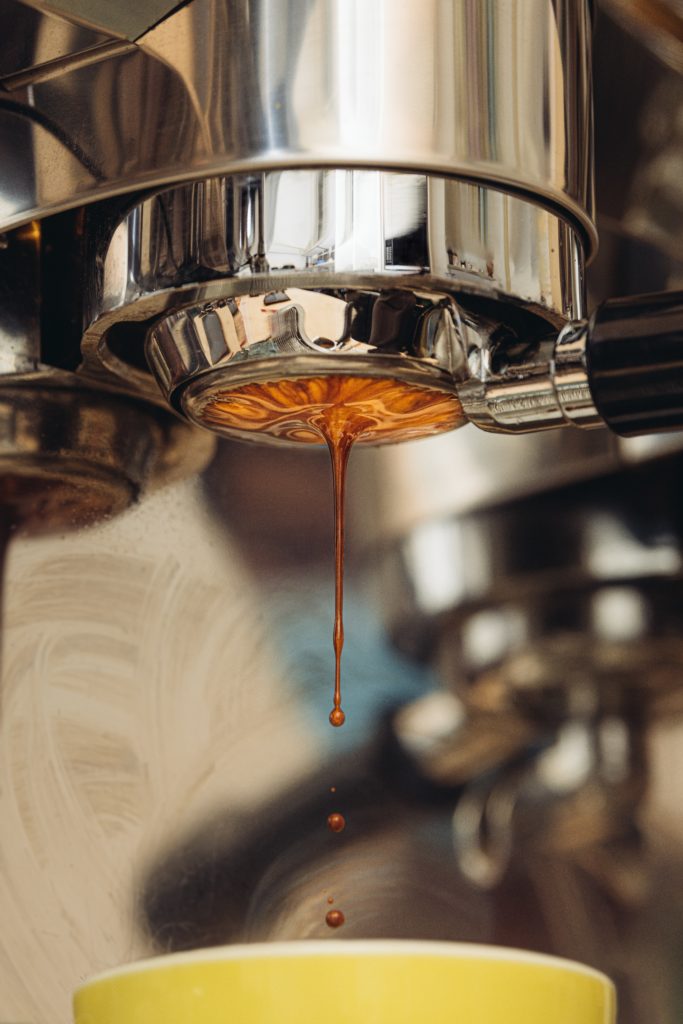
That method means that espresso comes out more concentrated than brewed coffee. A cup of espresso is made up of about ten per cent coffee matter and ninety water. It doesn’t sound like a lot, but filter coffee lands about one point five, so espresso is almost ten times stronger. That’s why it tastes so strong, and that’s why espresso is ideal for mixing with foamed milk to make lattes, cappuccinos and Ireland’s favourite flat white. It’s concentrated enough to hold its own even when heavily diluted with dairy or whatever alt milk your havin’ yourself.
The Big Difference Between Espresso and Other Coffee
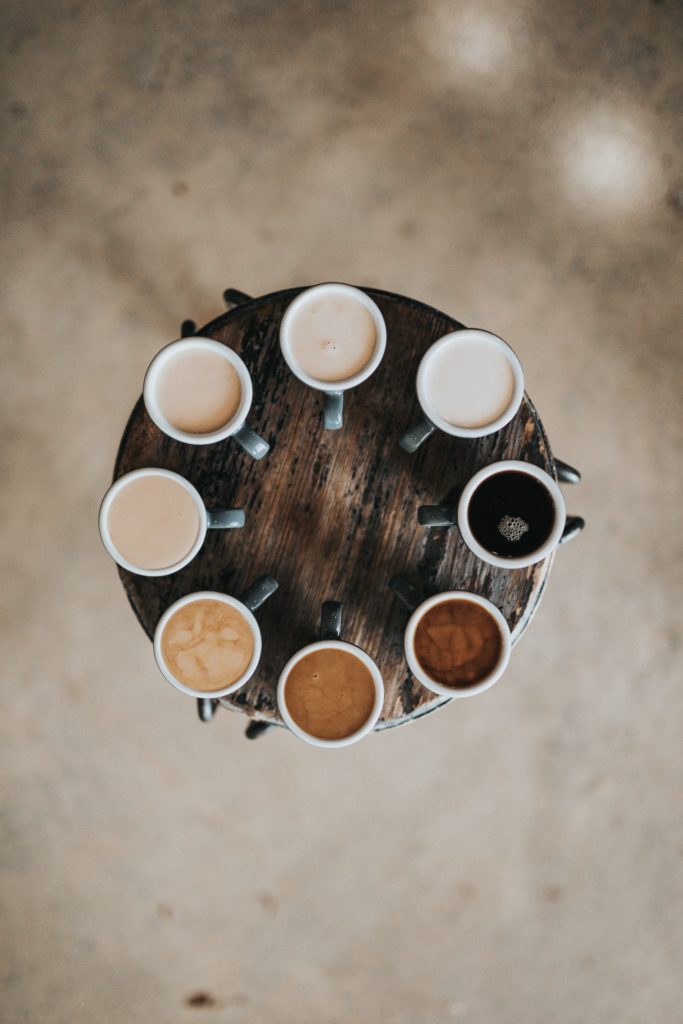
The process, which pushes the water under pressure through the compacted ground coffee and then through a metal filter with tiny holes, forces oils from the coffee to be expressed into the cup. That’s why it’s called espresso. These can’t pass through a paper filter, so typically aren’t present in filter coffee.
Broken into minuscule droplets, the oils form an emulsion to give espresso its thick, rich body and intense, complex flavour. This is what sets espresso apart from just powerful coffee. Without this no matter how much power your filter packs it can’t be espresso it’s just strong AF coffee.
Which Has More Caffeine?
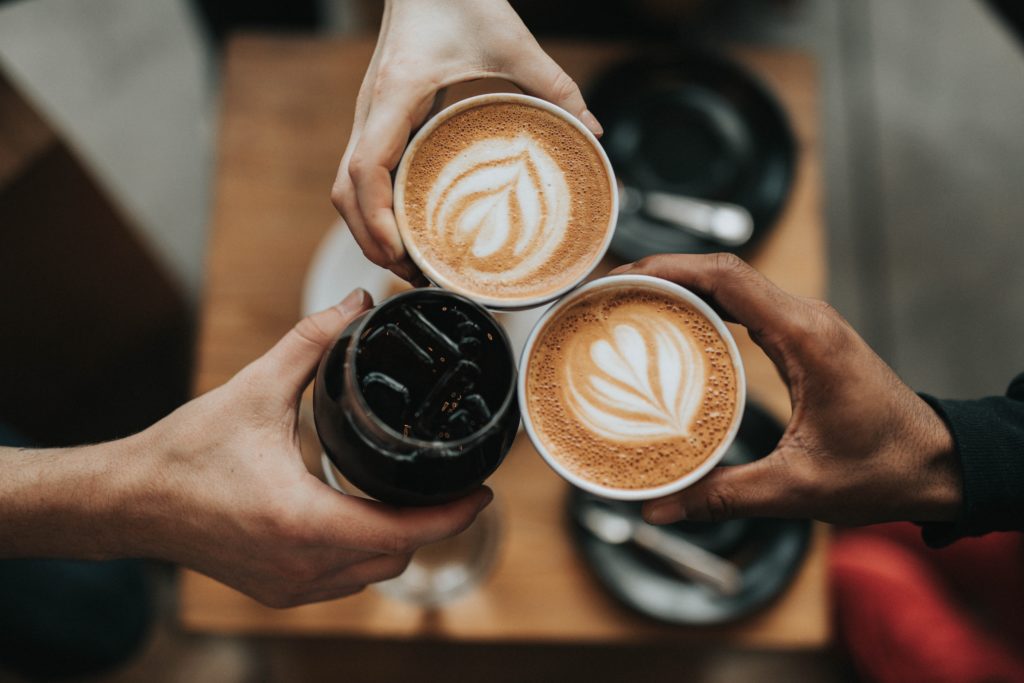
Does espresso have more caffeine than brewed coffee? Much more, right, because it’s more concentrated? Well, yes, if you drank a full coffee mug full of espresso, you’d be rocketing around like a superball. (Don’t do this.) But a standard double shot of espresso is just about fifty ml. So a serving of espresso gives you around half the dosage of caffeine that you get from a regular filter coffee.
Elsewhere on Char: The Rise of Orange Chocolate
